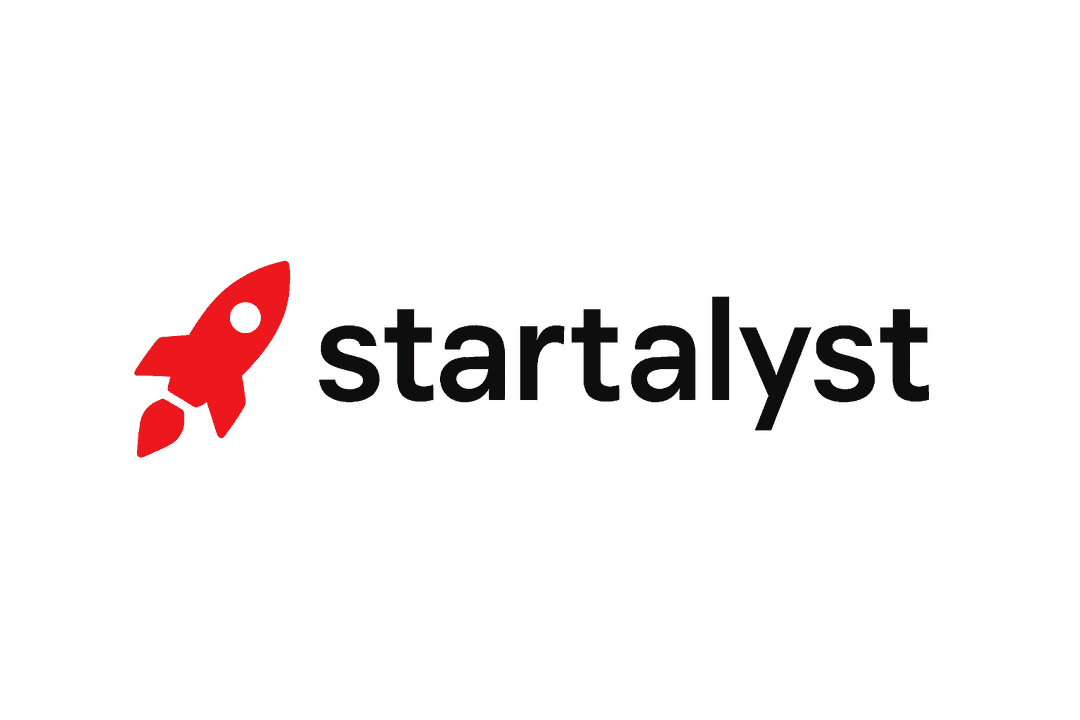Profitable Business Ideas For Women On A Budget Starter Guide
How to Get the Best Results
Focus on business models that require low startup cost, repeat customers, and skills you already use. The fastest wins for profitable business ideas for women on a budget come from converting daily routines or hobbies into paid services or digital products.
Test with one tight offer, sell to real customers, and iterate on pricing and delivery before expanding. Use free channels like neighborhood groups, organic social, and community newsletters to validate demand without large ad spend.
Step 1 — Who are you?
Picking a business that fits your life beats copying a trend; list the backgrounds below and match to a practical skill you can monetize quickly.
- Stay-at-home parent — time management — You can run a micro-consulting service for busy families that prioritizes flexible scheduling and recurring bookings.
- Corporate admin — organization — You can offer remote virtual assistant packages for local small businesses with clear hourly bundles.
- Creative hobbyist — crafting — You can sell small-batch handmade items or digital patterns on marketplaces with minimal inventory.
- Former teacher — instruction — You can create affordable online tutoring or group workshops for school subjects or test prep.
- Food lover — food prep — You can launch a home-based meal service or baking side hustle that targets neighbors and office workers.
- Fitness enthusiast — coaching — You can run low-cost group classes or subscription-based workout plans that scale via video.
- Numbers person — bookkeeping — You can provide part-time bookkeeping for microbusinesses using simple cloud tools and monthly retainers.
Step 2 — Add interests & skills
List what you enjoy and what you already know; those intersections are the richest sources of profitable business ideas for women on a budget.
- Social media and I can create local marketing packages that drive foot traffic and repeat customers.
- Writing and I can produce email newsletters and blog posts that convert subscribers into buyers.
- Photography and I can offer product or portrait sessions for small budgets and quick turnarounds.
- Graphic design and I can build logo and brand starter kits for new neighborhood businesses.
- Cooking and I can sell ready-to-heat meals or niche condiments to nearby customers.
- Sewing and I can upcycle thrift finds into unique fashion items with a strong local resale margin.
- Gardening and I can set up plant-sitting, small landscape installs, or sell potted arrangements at markets.
- Teaching and I can package short courses or downloadable worksheets for parents and learners.
- Customer service and I can manage inboxes and chats for online stores on an hourly basis.
- Event planning and I can coordinate micro-events like kids' parties or pop-up markets with low deposits.
- Reselling and I can source thrift or closeout items to flip online with simple listing workflows.
- Podcasting and I can produce audio episodes for niche experts and monetize with sponsorships or patron tiers.
- Makeup and I can offer mobile beauty sessions for small gatherings and bridal trial packages.
- Pet care and I can provide dog walking, pet sitting, or training consults that start with local referrals.
Step 3 — Set available capital
Match your starting cash to business types that scale sensibly. Small budgets should focus on online or service-first models to avoid inventory risk.
- ≤$200 You can start with digital services, reselling thrift items, or a single product test batch sold through local Facebook groups and marketplaces using free tools.
- $200–$1000 You can invest in basic branding, small inventory, a paid marketplace listing, or a simple website and initial ad tests targeted at your neighborhood.
- $1000+ You can launch with modest inventory, professional product photos, a mini ad campaign, or equipment for home-based production that increases capacity.
Step 4 — Choose weekly hours
Decide how many hours you can reliably commit; consistency beats bursts when building local trust and repeat revenue.
- 5–10 hours You can run a side hustle such as reselling, micro-consulting, or offering weekend workshops with minimal disruption to family life.
- 10–20 hours You can scale to subscription offerings, regular local markets, or part-time virtual assistance with predictable income each month.
- 20+ hours You can expand into inventory-based sales, wholesale relationships, or a full-service local business that requires daily operations.
Interpreting your results
- Treat the combination of background, interests, capital, and hours as a filter, not a final answer. The best profitable business ideas for women on a budget are those you can start this week and improve after real customer feedback.
- Run a quick validation: create a single low-cost offer, post it in two local channels, and track inquiries for two weeks. If you get interest, collect deposits and refine delivery.
- Price for profit from day one by covering time, materials, and a modest margin; avoid undercharging to “get started.” Reinvest early profits into the next step—better photos, a targeted ad, or packaging that improves repeat sales.
- Record simple metrics: leads, conversions, average sale value, and repeat rate. Those four numbers tell you whether a low-budget idea is genuinely profitable and when to scale.
- Build small automation and systems that reduce hands-on hours, such as templates for proposals, canned social posts, and a basic accounting spreadsheet to keep taxes and cash flow tidy.
Use the generator above to combine your background, skills, budget, and hours into specific profitable business ideas for women on a budget, then pick one to validate this week.
